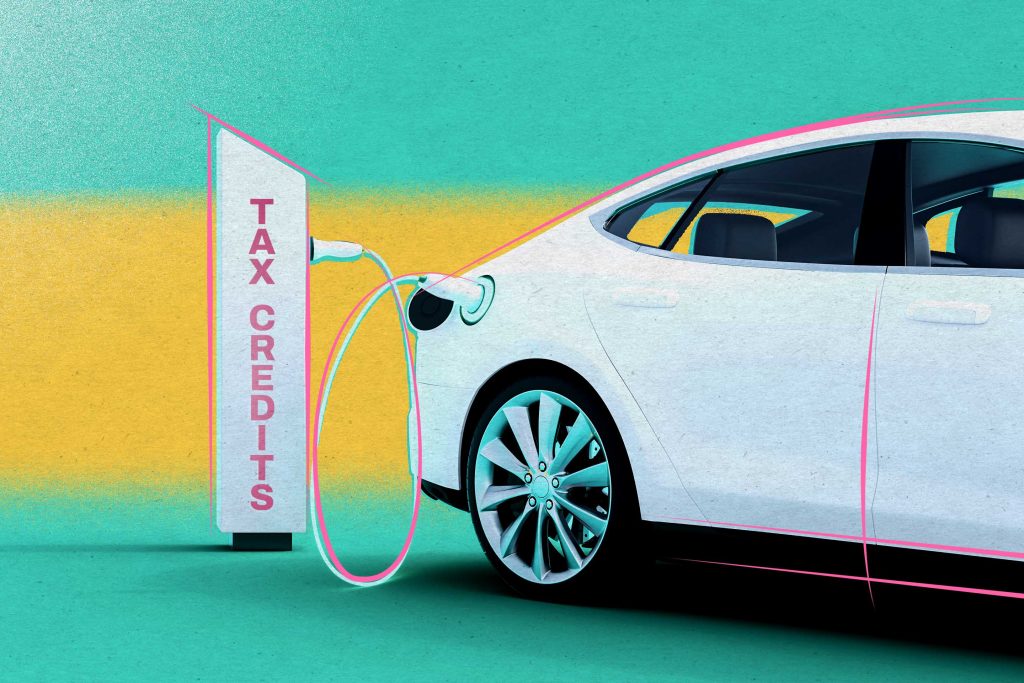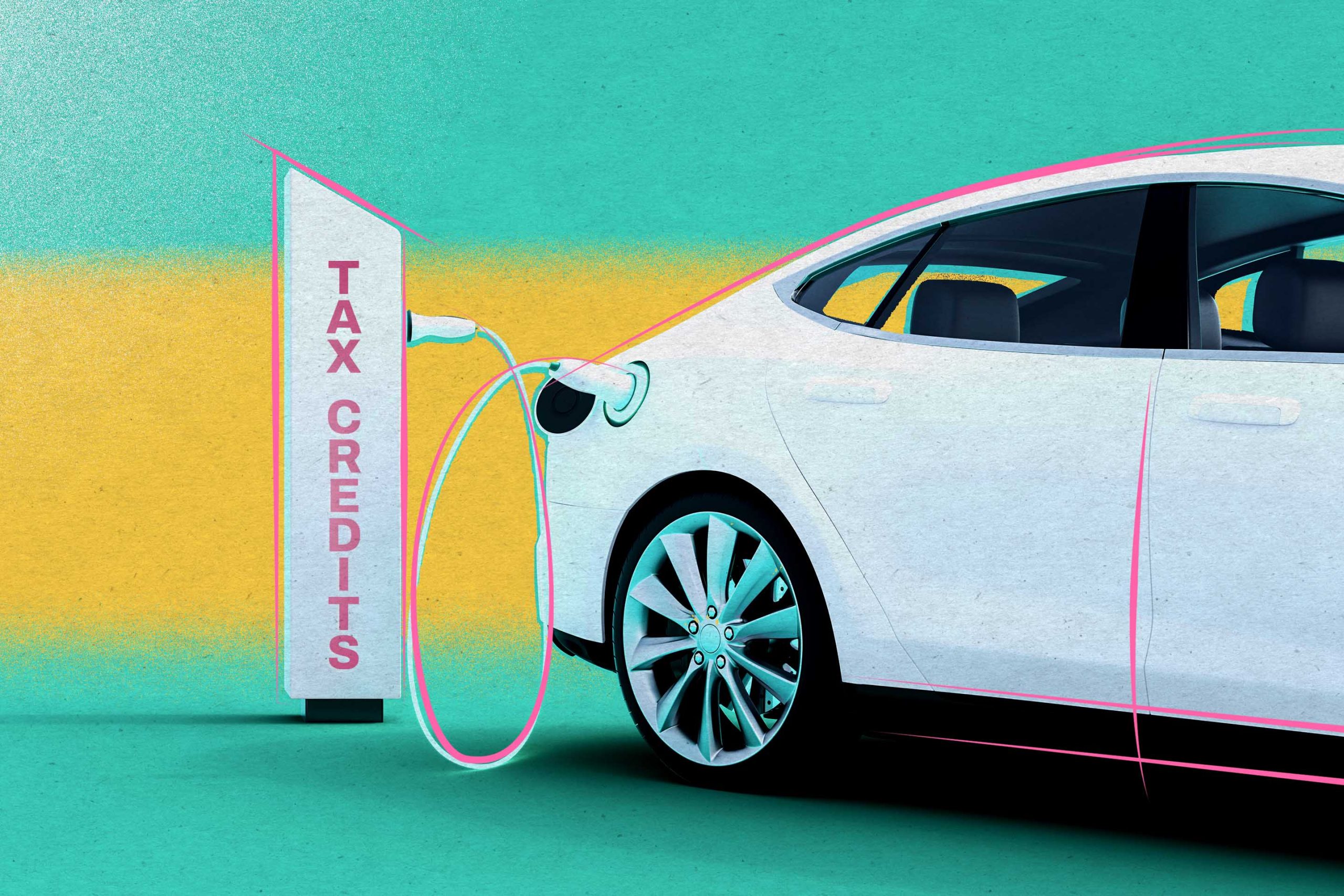In a bid to incentivize the adoption of electric vehicles (EVs) across the nation, the federal government is extending tax credits of up to $7,500. These credits serve as significant discounts for consumers eyeing the purchase of new EVs, encouraging a shift towards cleaner transportation alternatives. However, not all EVs qualify for these credits, and some receive only partial benefits.

The eligibility criteria for these tax credits are stringent, focusing on factors such as the vehicle’s country of assembly, battery sourcing, and price. To qualify for the full $7,500 credit, a vehicle must be assembled or manufactured in North America and have a list price of $55,000 or less for cars, or $80,000 or less for SUVs and light trucks. Additionally, at least 40% of the vehicle’s battery materials must be sourced in the U.S. or with its trade partners.
For consumers considering EV purchases in 2024, here’s a breakdown of the eligible models and the corresponding tax credits:
- 2024 Tesla Model 3 Performance ($7,500)
- 2024 Tesla Model Y ($7,500)
- 2024 Tesla Model X ($7,500)
- 2024 Ford F-150 Lightning ($7,500)
- 2024 Cadillac Lyriq ($7,500)
- 2024 Chevrolet Blazer ($7,500)
- 2024 Acura ZDX ($7,500)
- 2024 Honda Prologue ($7,500)
- 2024 Volkswagen ID.4 ($7,500)
- 2024 Rivian R1S ($3,750)
- 2024 Rivian R1T ($3,750)
- 2024 Nissan Leaf ($3,750)
It’s important to note that while these models qualify for tax credits, some EVs did not make the cut due to not meeting the stipulated criteria.
Despite the benefits of tax credits, there are hidden costs associated with EV ownership that consumers should be aware of. One significant factor is the higher cost of insuring EVs compared to traditional gas-powered vehicles. Progressive Insurance highlights that EVs are pricier to repair and replace, leading to higher insurance premiums. Moreover, the scarcity of technicians trained in EV maintenance contributes to inflated repair bills.
The replacement cost of EV batteries further compounds insurance expenses, ranging from $4,000 to $20,000. Insurers often factor in this substantial cost when determining premiums and may even declare an EV a total loss if the battery sustains damage in an accident.
To mitigate these insurance expenses, EV owners can explore options such as comparison shopping for the best rates, improving credit scores, and leveraging discounts offered by insurance companies. Bundling home and auto insurance policies or completing defensive driving courses are potential avenues for securing lower premiums.
While the federal tax credit presents an opportunity to make EV ownership more affordable, consumers should be prepared for potential increases in insurance costs. Taking proactive measures to secure favorable insurance rates can help alleviate financial burdens associated with EV ownership in the long run.
